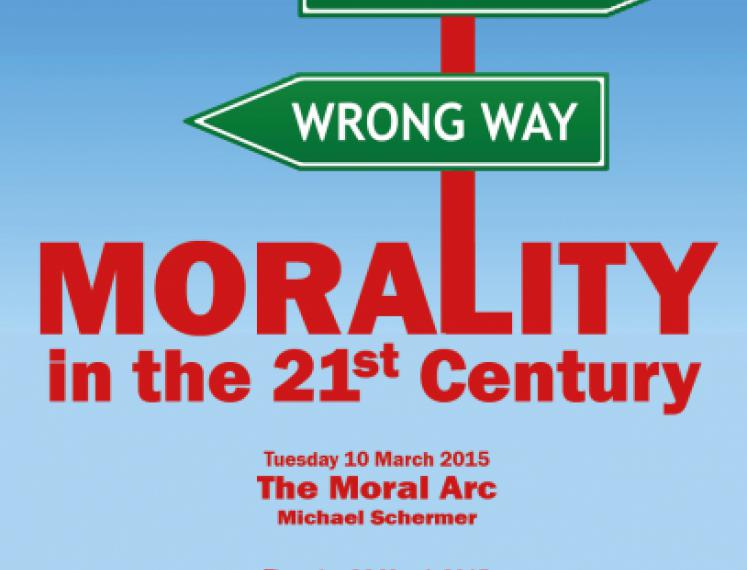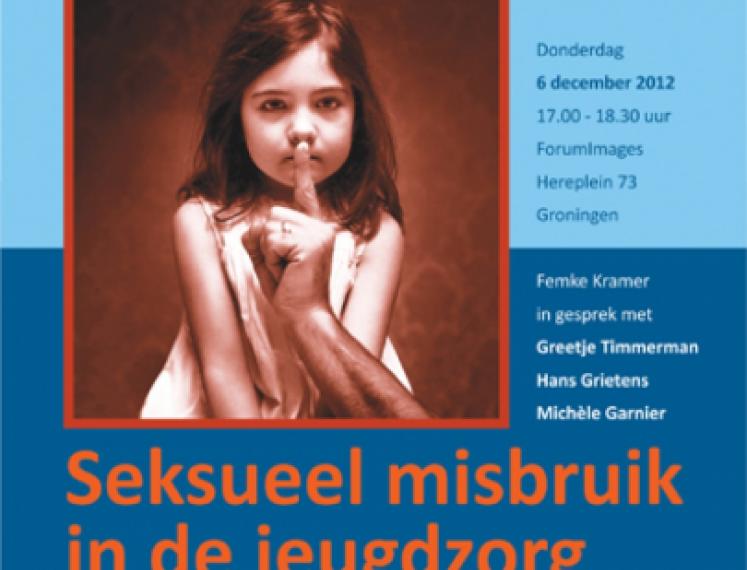Academy Building
Broerstraat 5
Groningen
Nederland
Gobalization, Social Media and Ethics
Originally Hanno Sauer was scheduled to give a lecture but he had to cancel due to personal circumstances, Frank Hindriks will take his place.
Humans are social beings. But the modern world presents a tension between extreme social isolation and extreme public exposure. Jennifer Jordan will discuss how the interplay between globalization and technology affect human moral judgment.
Technological advances like social media allow humans a constant social “connection” while never leaving the seclusion of their computer terminals. This “pseudo-sociality” allows humans to engage in harmful antisocial behaviors (e.g., bullying, lying) while in the complete privacy and anonymity of the virtual world. At the same time, evidence from social psychology and cognitive neuroscience suggests that moral judgments are largely based on emotionally charged, intuitive processes developed over thousands of years of interpersonal interaction. In the current social milieu, this reality can become especially problematic; if humans’ emotional and intuitive responses have evolved under conditions that are no longer relevant, such intuitive responses might prove faulty and unreliable. Living in a globalized, fast-moving world thus poses special challenges to people’s ethical behavior.
Coming from both a psychological and philosophical perspective, Jennifer Jordan will discuss how the modern interplay between globalization and technology affect human moral judgment. What can we do to enhance the positive and reduce the negative effects of this interplay on our moral behavior? Originally Hanno Sauer was also scheduled to give a lecture but he had to cancel due to personal circumstances.
Jennifer Jordan is a Rosalind Franklin Fellow and associate professor of Human Resources and Organizational Behavior at the University of Groningen. After her education (MS, MPhil, PhD) at Yale University and she worked as a post-doctoral fellow at the Kellogg School of Management and Tuck School of Business. Her research interests primarily include ethics and power.
Frank Hindriks is adjunct professor in Ethics, Social and Political Philosophy, University of Groningen





